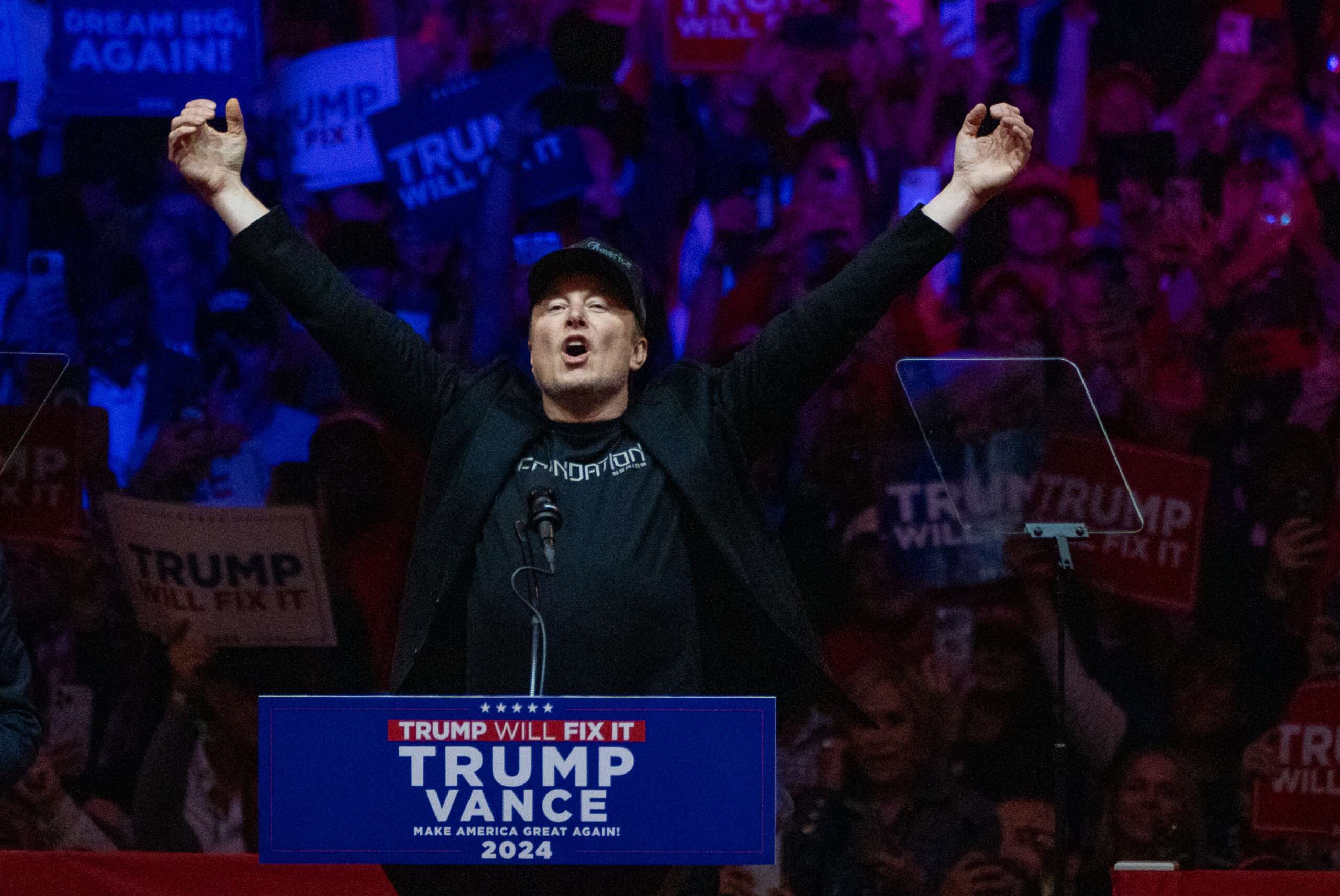DOGE’s Prospects Are Limited, Yet It Could Be Our Last Hope
The establishment of the Department of Government Efficiency (DOGE) under President-elect Donald Trump has sparked a buzz, bringing forth a blend of skepticism and tentative hope. The ambitious initiative aims to tackle the pressing issue of the United States government’s persistent budgeting problems, including a staggering budget deficit. With fiscal year 2024 closing in a deficit of $1.8 trillion, an 8% increase from the previous year, the need for a systemic overhaul has become more urgent. As the national debt continues to grow, critics assert that the federal government has not successfully balanced its budget for decades, relying on an unsustainable approach to fiscal management. The hope is that the venture led by technology entrepreneurs could offer innovative solutions to dismantle bureaucratic challenges that have historically stymied government efficiency and cost-effectiveness.
The recent data underscores worries about the federal budget, highlighting a long-standing trend of increasing deficits amid rising expenditures. Even with federal revenues up 11% from the prior year, the $1.8 trillion deficit resulted from an even greater climb in government spending. This imbalance reflects a pattern where government expenditures consistently outpace incoming revenues, creating an unsustainable fiscal environment. As reported by the U.S. Treasury, the federal government has only managed to balance its books on a few occasions over the last half-century. This predicament demonstrates a chronic spending problem that some observers suggest requires external intervention—perhaps the type that tech innovators like Elon Musk and Vivek Ramaswamy can provide through the DOGE initiative.
Under the newly formed DOGE, Musk and Ramaswamy are tasked with providing recommendations for enhancing efficiency and cutting unnecessary expenditures. However, critics point out that DOGE will lack enforcement power, merely offering counsel rather than implementing any directive. The initiative is framed as a “partnership” with an emphasis on transparency, promoting public engagement in scrutinizing government spending. Musk has floated the idea that the federal budget could be reduced by at least $2 trillion, indicating a willingness to pursue radical changes. While the potential for extensive savings could be promising, the lack of political will in Washington to address entrenched entitlement programs and military spending poses significant challenges to the success of DOGE.
Skepticism prevails concerning the viability of DOGE, especially given its inability to enact policy changes autonomously. Historically, political inertia has characterized discussions around spending cuts, particularly when it comes to major programs like Medicare, Social Security, and defense, all of which make up a substantial portion of the government budget. Both major political parties have largely maintained a status quo that emphasizes “protection” of these programs over necessary reforms. Without a shift in political dynamics or a commitment to immediate corrective action, experts warn that the country’s fiscal problems will continue to escalate, leaving little room for genuine budgetary reforms.
The stakes are high, with warnings from economists that failure to address the spiraling debt could lead to catastrophic economic consequences. The Penn Wharton Budget Model highlights a narrow window for rectifying the nation’s fiscal trajectory, with potential default looming if adequate measures aren’t undertaken within the next couple of decades. Should the U.S. government default, the fallout could decimate household wealth, devastate financial markets, and plunge the country into economic turmoil. This dire outlook makes it imperative to explore any and all avenues for fiscal reform, even if the likelihood of dogged reform through DOGE seems slim.
Ultimately, the DOGE initiative presents a fascinating opportunity to witness if outsider perspectives and innovative strategies can catalyze meaningful reform in a system notoriously resistant to change. Although the prospects for success appear daunting given the entrenched interests in play, the exploration of unconventional approaches by figures like Musk and Ramaswamy may unlock new avenues for addressing federal expenditure issues. As the dialogue progresses, the nation watches with a mix of hope and skepticism to see whether DOGE can drive the essential changes needed to transition from a culture of government excess to one of fiscal responsibility and efficiency.
Share this content:












Post Comment